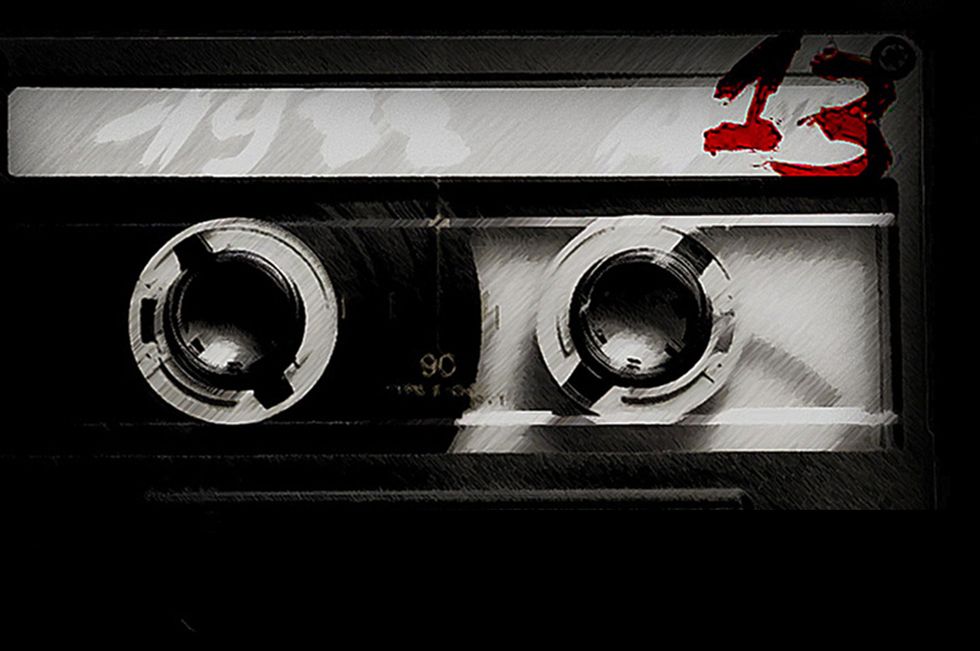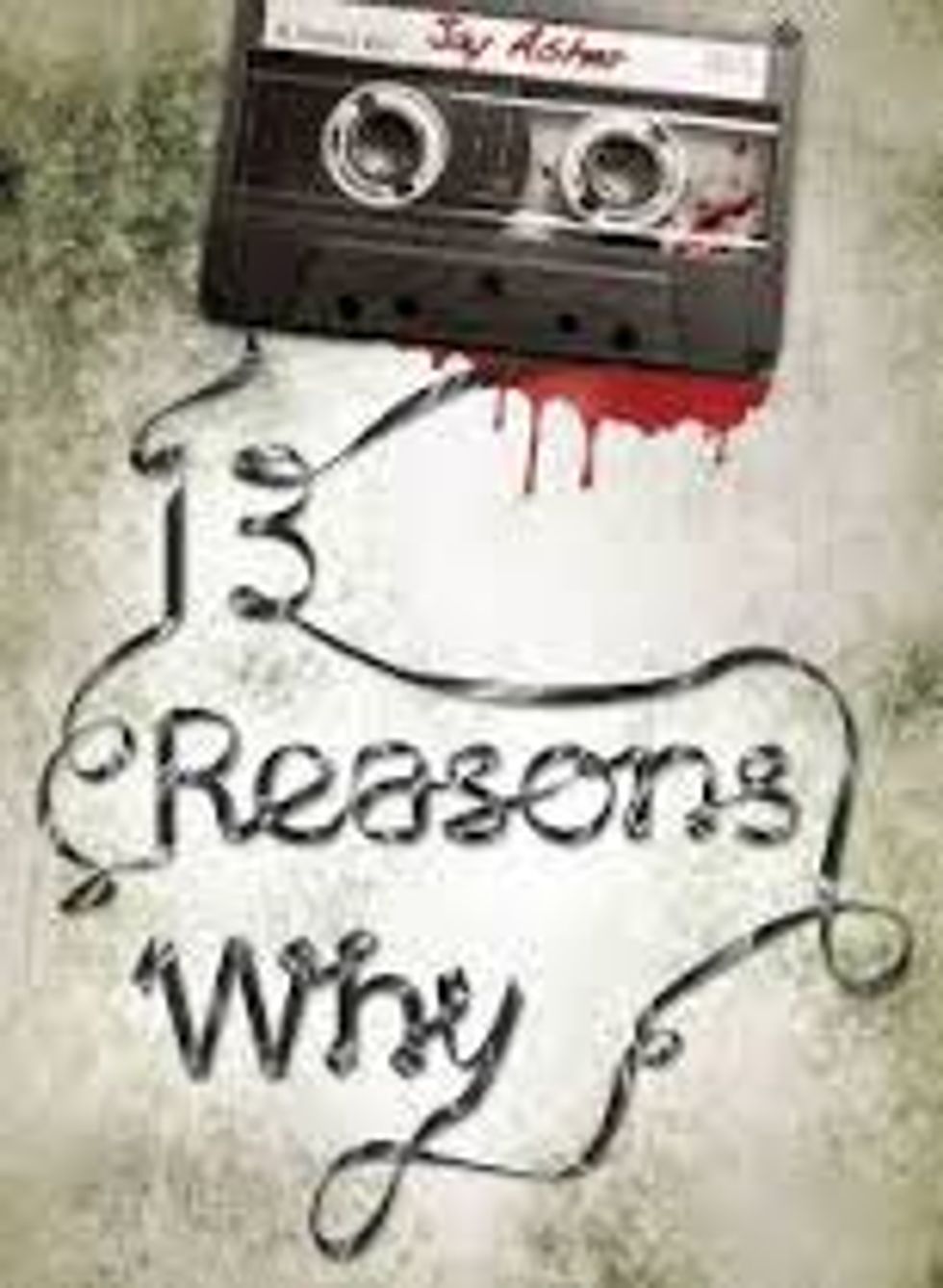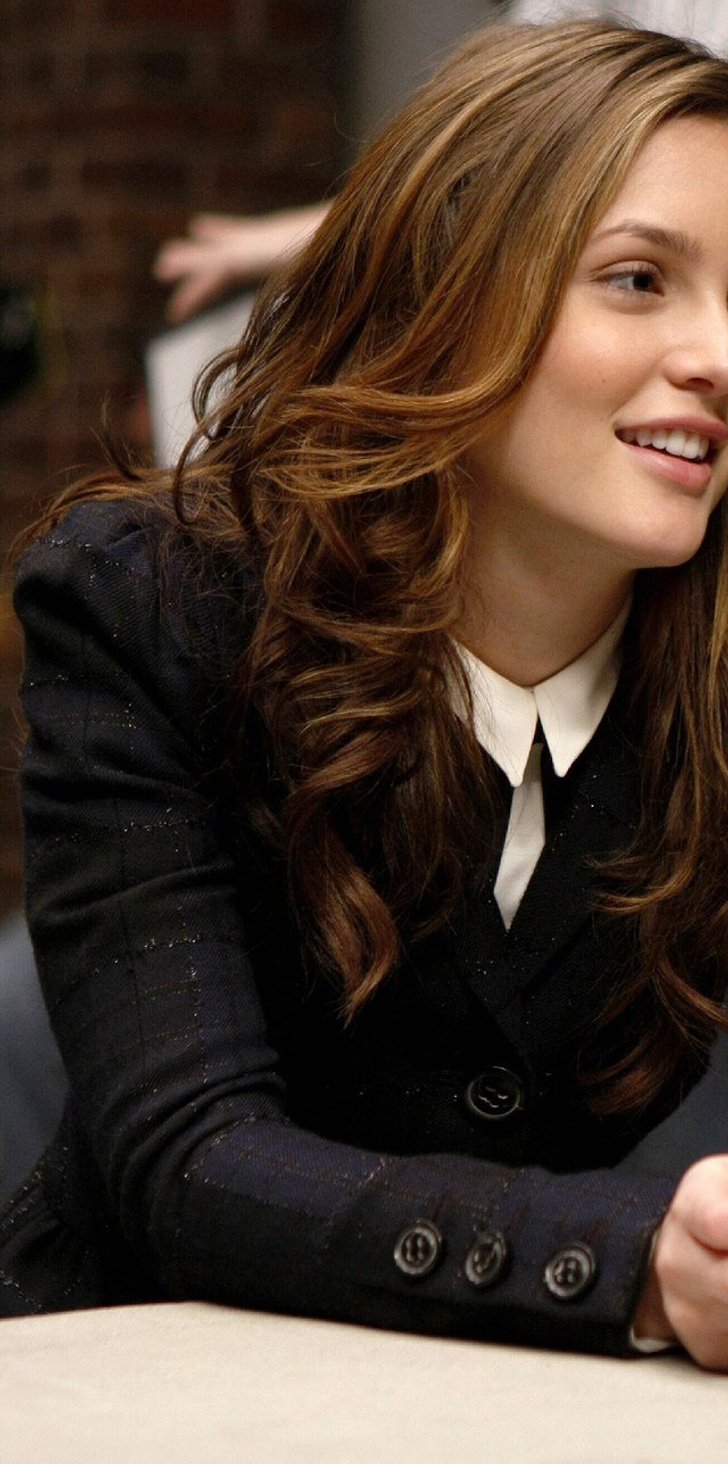Last weekend, Netflix released its new original series “13 Reasons Why.” Based on the best-selling young adult novel by Jay Asher, this series shows the progression of high school student Hannah Baker’s life and the events leading to her suicide. Presenting Hannah’s story through thirteen cassette tapes, the show creates a suspenseful double storyline as it alternates between the tapes from the past and the present aftermath faced by the community in the wake of Hannah’s tragic death.
As someone who has read the book multiple times, I had high expectations for the Netflix series, and it did not disappoint. The acting was of high quality, which is impressive considering how many major characters appeared in each episode and the variety of strong emotions evoked by the scenes. Although it lacked the quaint, old-fashioned setting that made the book seem so nostalgic, the show presented a modern rendition that was perfectly appropriate for 2017.
Since its publication in 2007, the book has been received with some controversy due to its heavy subject matter of teen suicide, and I imagine that the Netflix series will receive similar criticism. Some claim that “13 Reasons Why” glorifies suicide as something mystically beautiful, giving impressionable teen readers and viewers a false impression of the finality of the act. Others brush off the main character as being dramatic and attention-seeking.
While I respectfully disagree with these opinions, I do acknowledge that they are valid points to consider when reviewing the book and show. However, one facet I believe is overlooked by many critics is a lesson all teens and people in general can learn from: The way you treat others impacts their lives more than you realize.
What always fascinated me about “13 Reasons Why” and got me rereading it and ultimately watching the series was just how typical Hannah Baker’s life was. No crazy childhood trauma, nothing too unusual about her high school world, no stereotypical “emo” lifestyle. Just thirteen social interactions that seemed like no big deal to the people she was interacting with.
But they were a big deal to Hannah Baker and ultimately contributed to her downhill spiral. Reading her story makes me think twice about blowing someone off, making a rude comment, or spreading gossip about a friend. Every interaction you have with someone impacts their life in some way, and you never know when your judgmental remark will be the straw that broke the camel’s back.
“13 Reasons Why” sends a message to teens that the way they treat each other can change lives, and I think that is a message that everyone needs to hear. The subject matter may be dark and even controversial, but it is something worth talking about. A little bit of kindness spreads a long way in brightening someone’s life. By making the choice to be kind to others, people really can change their world.
For any teen or young adult—or anyone interested in working with young people—“13 Reasons Why” is an important book to read and an important show to watch.

















